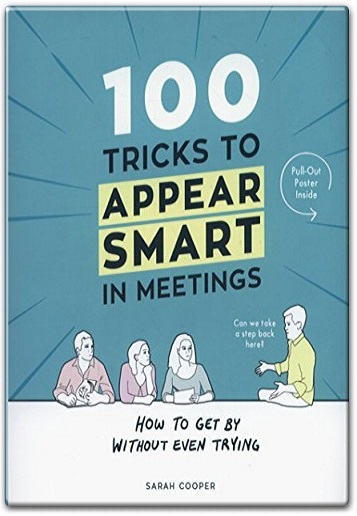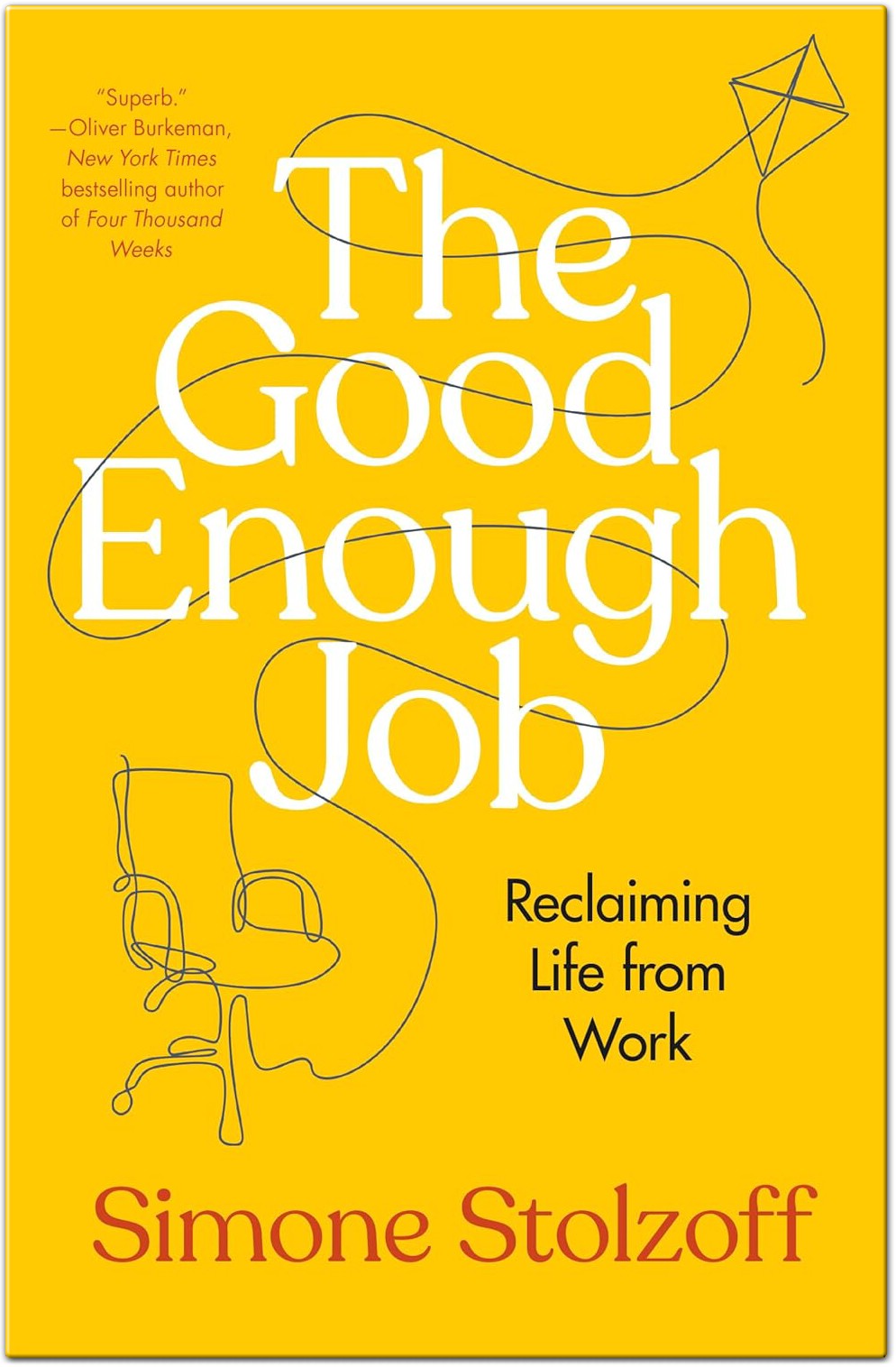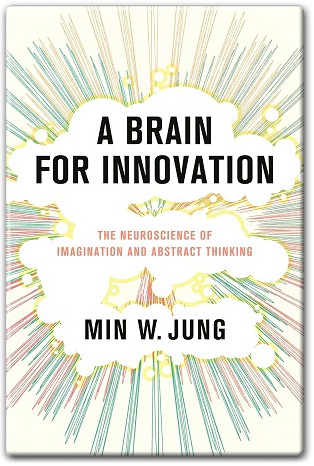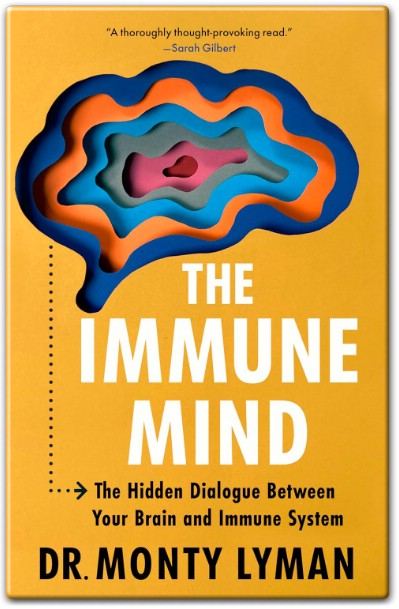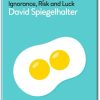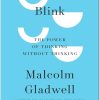
Book Summary Contents
- 1 Introduction: A Story About Words, War, and the Will to Live
- 2 Who is Markus Zusak?
- 3 What Is The Book Thief About?
- 4 Why Is Death the Narrator?
- 5 Major Themes in The Book Thief
- 6 Where and When Does the Story Take Place?
- 7 Key Characters and Their Roles
- 8 5 Big Questions The Book Thief Answers
- 9 Memorable Books Within the Book
- 10 Conclusion: Why The Book Thief Endures
- 11 Get Your Copy
- 12 Attachments & References
Introduction: A Story About Words, War, and the Will to Live
What if Death narrated a novel about a little girl stealing books during World War II? This chilling, poetic, and powerful premise is what makes The Book Thief stand out as a modern literary classic. Written by Markus Zusak, this bestselling novel dives deep into the life of Liesel Meminger, a young girl growing up in Nazi Germany. Through her stolen books, Liesel not only survives but learns how words can heal, rebel, and transcend.
This The Book Thief summary explores not just the plot, but also the characters, themes, and emotional weight of a novel that has moved millions. We’ll cover the historical backdrop, key moments, the author’s unique storytelling choices, and why this book still resonates so deeply.
Whether you’ve read the book or are thinking of diving in, this comprehensive The Book Thief Summary will give you rich insights into why The Book is a haunting and beautiful reminder of humanity’s light, even in its darkest hours.
Who is Markus Zusak?
Markus Zusak is an Australian author best known for The Book Thief, a novel that brought him global acclaim. Born in 1975 in Sydney to immigrant parents from Germany and Austria, Zusak grew up hearing stories of war, loss, and resilience. These deeply personal family narratives shaped the emotional core of The Book Thief.
Zusak has written several other novels including I Am the Messenger and Bridge of Clay, but The Book Thief is his most influential work, selling over 16 million copies worldwide and translated into more than 40 languages. His signature style—blending poetic language, raw emotion, and innovative narration—has made him one of the most respected contemporary authors in young adult literature.
His ability to explore complex themes such as mortality, guilt, and love through a child’s eyes has cemented his reputation for delivering emotionally charged, thought-provoking narratives.
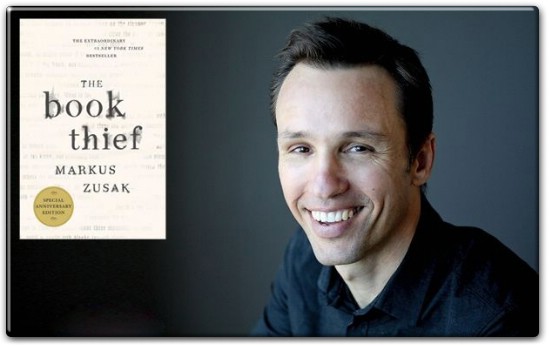
What Is The Book Thief About?
The Book Thief follows the story of Liesel Meminger, a young girl living in Nazi Germany, who finds solace in stolen books and the kindness of her foster family. The narrative unfolds in the small town of Molching, on Himmel Street, and is uniquely narrated by Death—a reflective, weary, and surprisingly empathetic observer.
The Book Thief Summary: Core Plot Overview
Liesel’s journey begins when her brother dies on a train and she steals her first book, The Gravedigger’s Handbook, despite not being able to read.
She moves in with Hans and Rosa Hubermann, her foster parents, who shelter a Jewish man named Max Vandenburg.
Liesel learns to read with Hans, and together they share a bond that strengthens her emotional resilience.
She begins stealing books, first during a Nazi book burning, then from the mayor’s wife, Ilsa Hermann.
Max and Liesel form a deep friendship, exchanging stories and gifts of words even as the war closes in.
Tragedy strikes when Himmel Street is bombed, killing everyone Liesel loves—except her.
Despite profound loss, Liesel survives and goes on to write her own story, which Death preserves as The Book Thief.
Why Is Death the Narrator?
One of the most compelling aspects of the novel is its narrator—Death itself. But this Death is not the typical grim reaper. Instead, it’s a philosophical, even emotional entity, both burdened and fascinated by humans.
Death’s Role Enhances:
A philosophical tone: Death reflects on war, morality, and the absurdity of life and death.
A unique perspective: Unlike human narrators, Death can see all events and provide broader context.
Emotional detachment with nuance: Death is not cruel, but tired, and offers insights that human characters cannot.
Death narrating the story deepens the emotional impact and adds layers to themes like mortality, fate, and the weight of choices.
Major Themes in The Book Thief
1. The Power of Words
Words are tools of both destruction and salvation in The Book Thief. Hitler uses them to incite violence, while Liesel uses them to heal and connect.
Liesel reads to calm people during bombings.
Max writes The Word Shaker to show how words can resist tyranny.
Books become acts of rebellion and hope.
2. Friendship and Love in Times of War
The relationships Liesel forms carry her through hardship:
Hans teaches her compassion.
Rudy Steiner, her best friend, provides joy and tragedy.
Max, a hidden Jew, becomes a brother figure.
Each relationship shows love’s quiet resilience amidst chaos.
3. Loss, Grief, and Resilience
Liesel endures constant loss—her family, her friends, her innocence. But her growth is shaped not by despair, but by the strength to carry on.
Her first theft is born of grief.
Her storywriting is an act of survival.
Her reunion with Max and later life is a symbol of hope.
Where and When Does the Story Take Place?
The Book Thief is set during the Holocaust in Nazi Germany, primarily in the fictional town of Molching near Munich. Himmel Street, where Liesel’s foster family lives, becomes the center of the narrative.
The setting highlights:
Air raids and bombings
Parades of Jewish prisoners to Dachau
Strict Nazi propaganda and censorship
Rationing, poverty, and fear of punishment
The historical context adds tension and authenticity to the story, grounding Liesel’s personal journey in a broader narrative of oppression and resistance.
Key Characters and Their Roles
Here’s a quick overview of the novel’s major players:
| Character | Description |
|---|---|
| Liesel Meminger | The young book thief whose love for words defines her journey. |
| Hans Hubermann | Liesel’s kind foster father who teaches her to read. |
| Rosa Hubermann | Stern but loving foster mother. |
| Max Vandenburg | A Jewish man hidden in their basement; Liesel’s soul friend. |
| Rudy Steiner | Liesel’s best friend who idolizes Jesse Owens and dies tragically. |
| Death | The narrator, offering philosophical and emotional commentary. |
| Ilsa Hermann | The mayor’s wife, who allows Liesel to read and later gives her a notebook. |
These characters are deeply layered and each represents a facet of human experience during crisis—love, loyalty, fear, courage, and sacrifice.
5 Big Questions The Book Thief Answers
How can literature provide solace during war?
Through Liesel’s reading and writing, we see how stories can soothe and empower.What does it mean to resist in small ways?
Stealing books, hiding a Jew, and offering bread to prisoners are all acts of moral courage.Can Death feel empathy?
Death’s narration suggests that even the end has a soul and a story.How do children perceive war differently than adults?
Liesel’s innocent yet wise perspective shows the impact of war on a child’s psyche.Is hope possible in a time of despair?
Despite overwhelming loss, the story ends with survival, memory, and legacy.
Memorable Books Within the Book
The stolen books aren’t just props—they symbolize Liesel’s growth and resistance.
The Gravedigger’s Handbook – The first book, tied to loss and learning.
The Shoulder Shrug – From a Nazi book burning, symbolizes defiance.
The Word Shaker – Max’s metaphorical tale about resisting propaganda.
The Book Thief – Liesel’s own story, the ultimate reclaiming of voice.
Conclusion: Why The Book Thief Endures
The Book Thief is not just a tale of war—it’s a meditation on life, language, and love told with heartbreaking beauty. Its characters remain etched in the reader’s memory long after the last page. Death, as narrator, reminds us not of fear, but of the stories worth telling before we go.
In this The Book Thief summary, we’ve unpacked how Zusak’s novel serves as a tribute to humanity’s enduring spirit. Whether you’re reading it for the first time or revisiting it, the story’s message remains vital: even in times of silence and death, stories will speak, and love will persist.
Try this unforgettable read today—and never look at words the same way again.
Remember, Markus Zusak’s The Book Thief is not just a story. It’s a lesson in courage, empathy, and the silent power of books.
![]()
Get Your Copy
Attachments & References
- Amazon’s book page
- Goodreaders’s book page
- Author’s image source: ew.com
- Book Cover: Amazon.com
- Quotes sources: Goodreads

